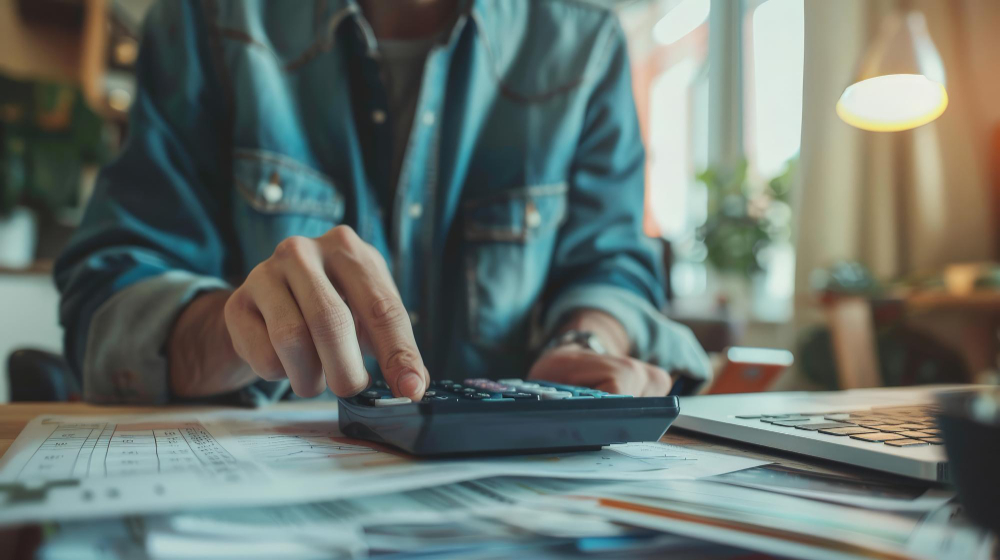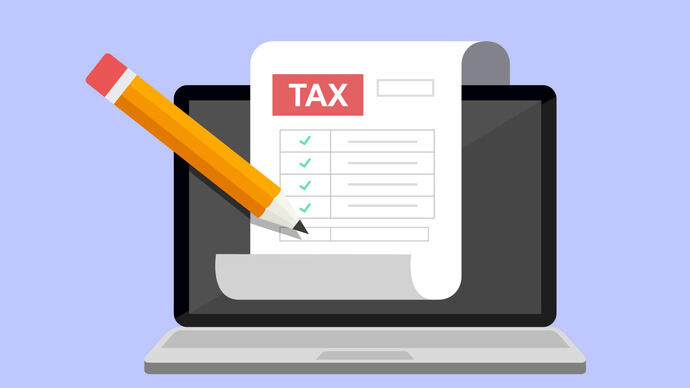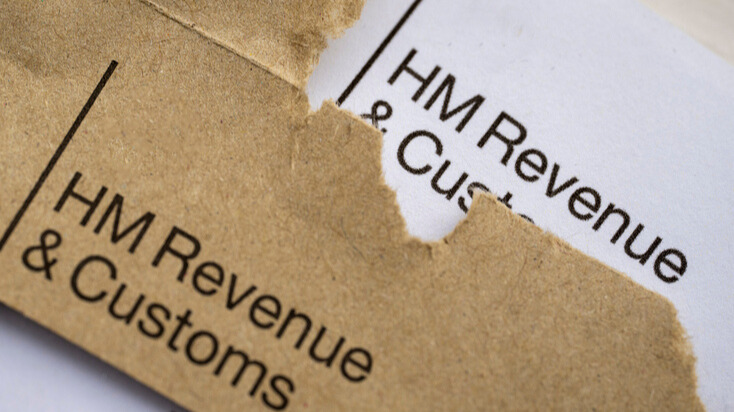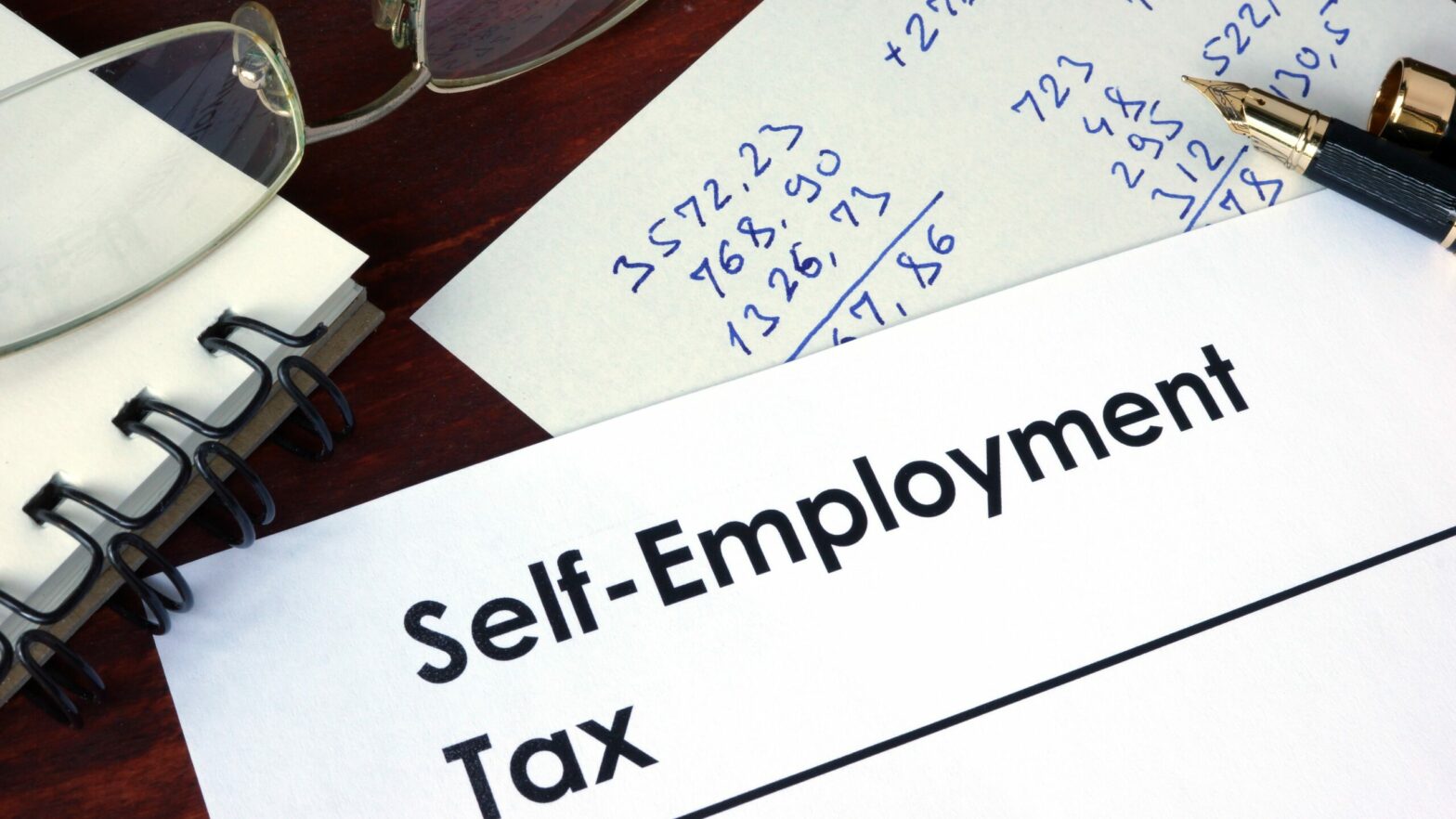Self-employed Uber drivers, those who make a living renting out rooms on Airbnb, and other gig economy workers could find themselves having to pay VAT.
The Treasury is eyeing slapping VAT on self-employed gig workers and others in the sharing economy, as it tries to claw back cash to pay for the Covid pandemic.
What this means is that Uber fares or Airbnb stays could cost 20 per cent more.
>See also: Treasury to discuss COVID-19 grant for company directors
The Treasury has issued a call for evidence as concern grows that as much as £20bn could be lost as tax revenue as activity shifts online. According to PwC, the total value of the UK sharing economy will be £140bn by 2025 compared with £7bn in 2016.
For example, plumber call-out firm Pimlico Plumbers charges 20 per cent VAT to customers, but a plumber found on Taskrabbit does not because most sole traders fall below the VAT threshold of £85,000 of turnover. Similarly, accounting firms charge VAT to clients on billable hours but a freelance accountant found on Upwork may not.
Although the government has pledged not to raise the rate of VAT under the “triple tax lock”, there is nothing to stop it from widening the base of companies liable to pay or lowering the £85,000 threshold – in France and Germany, VAT starts at below the £30,000 revenue level.
VAT currently brings in £160bn a year to the Treasury.
>See also: MarketFinance offers small business grants of £5,000 each
Chris Sanger, global tax leader at EY, told The Times: “The tax system normally seeks not to draw a distinction between different types of business model. Now it provides an incentive in favour of the sharing economy and self-employed, and that creates a risk for the exchequer.”





